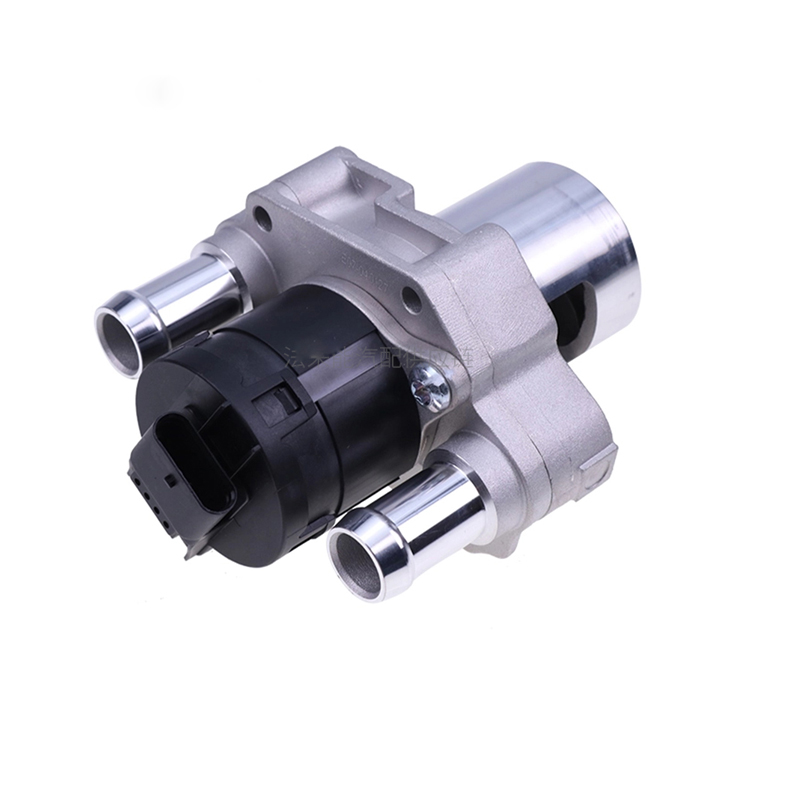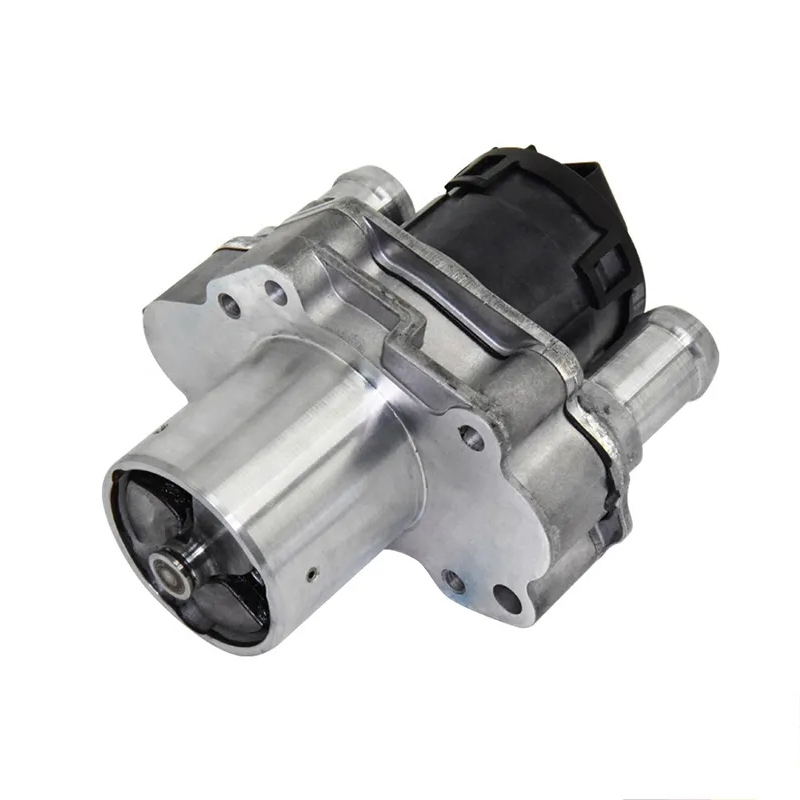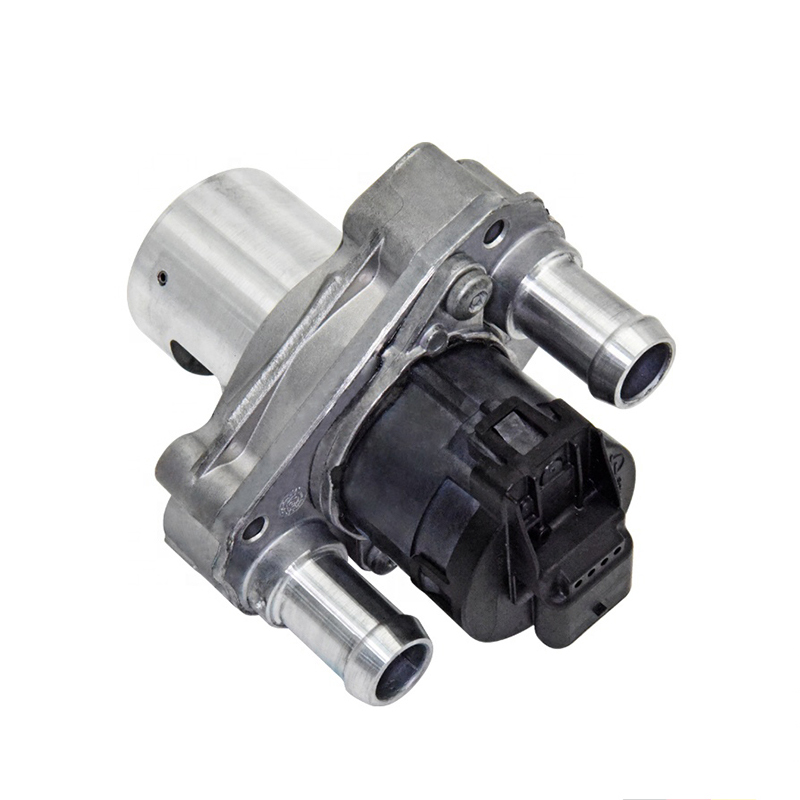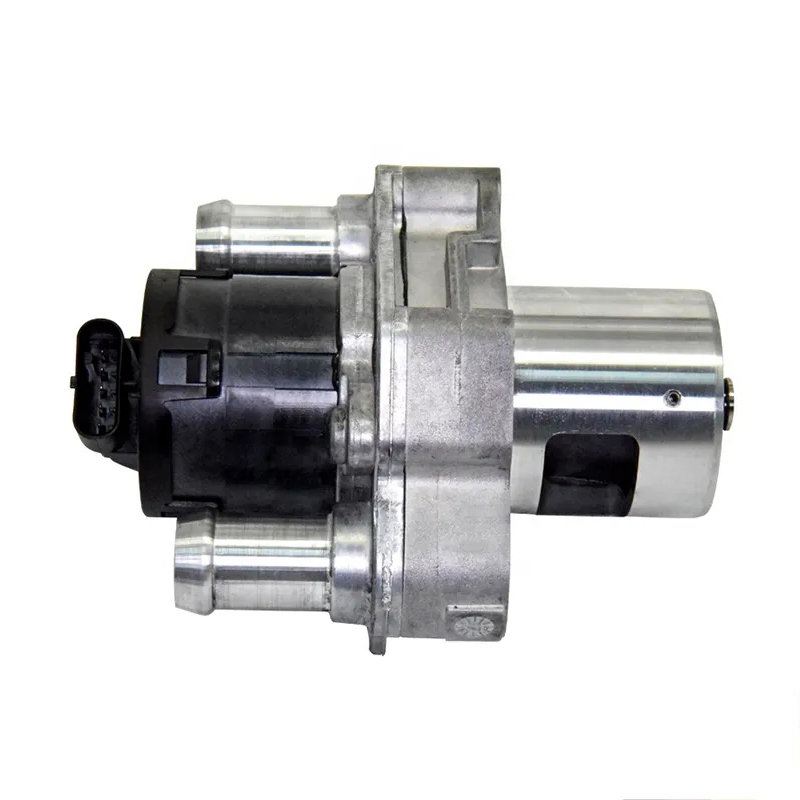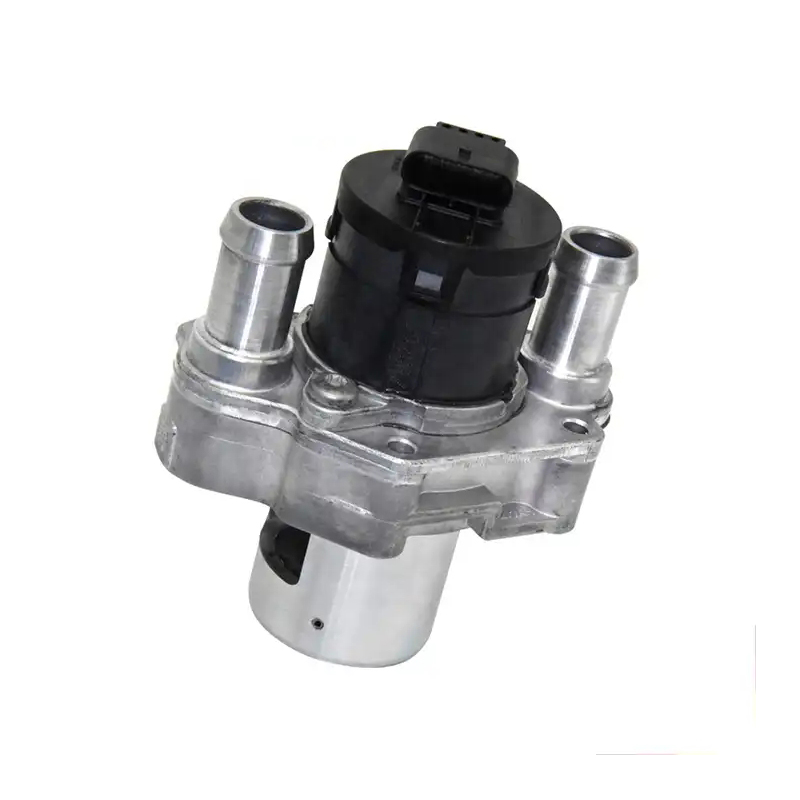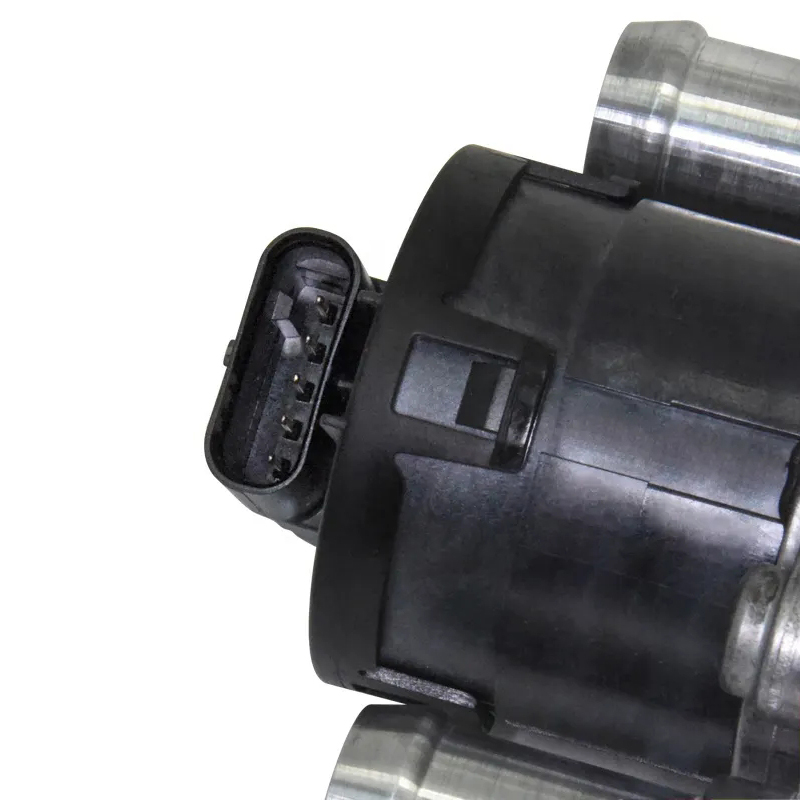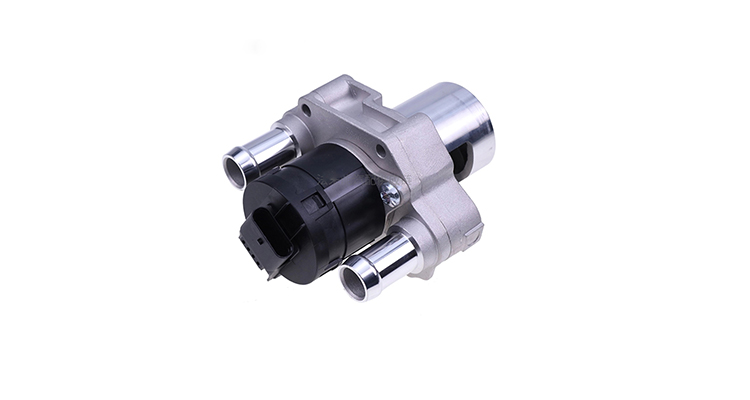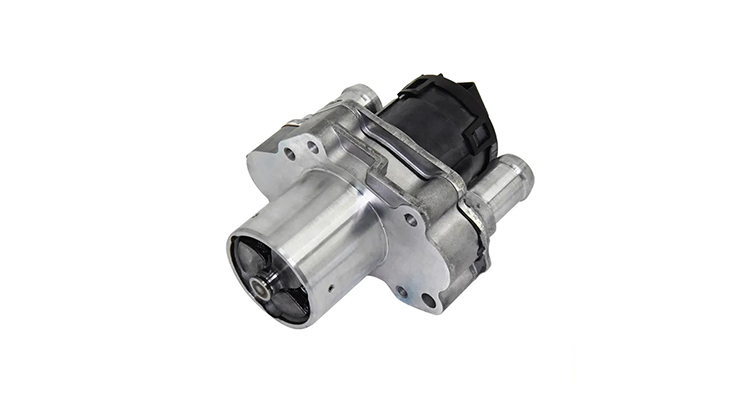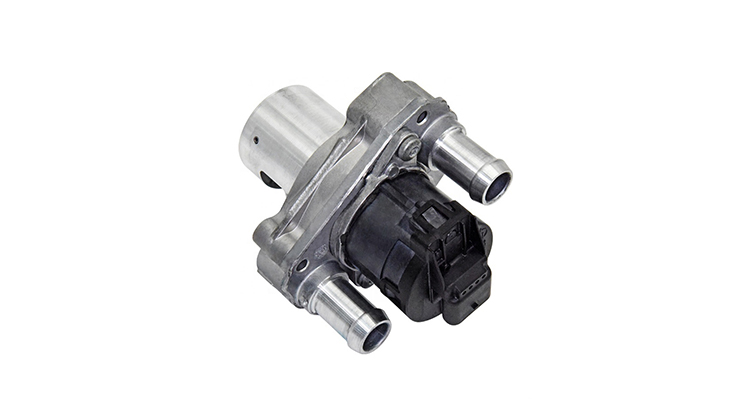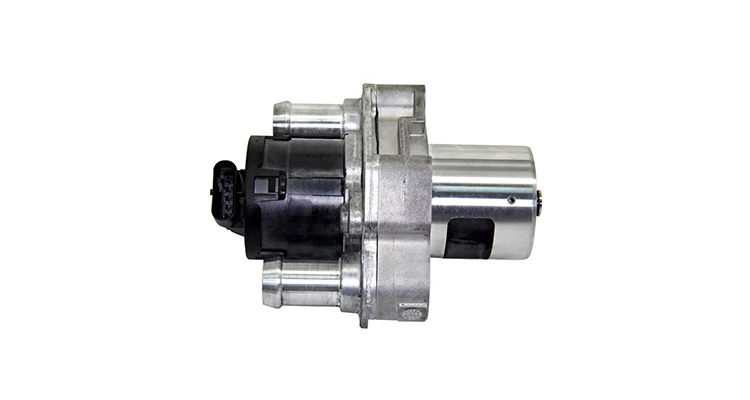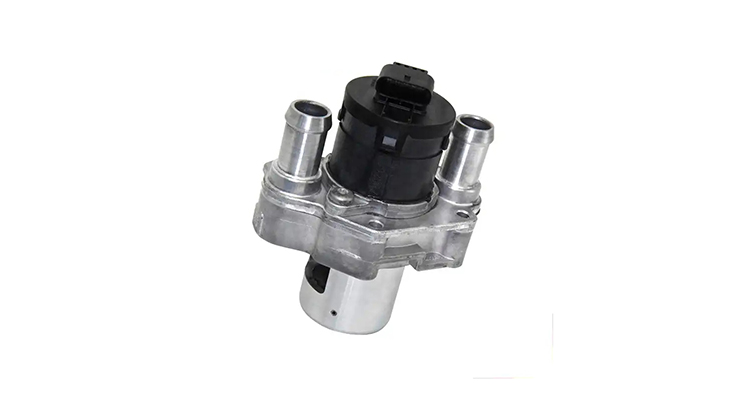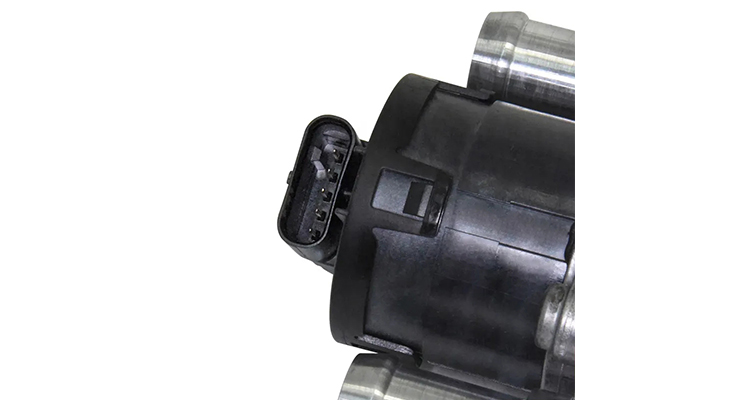Car Exhaust Gas Recirculation Egr System Valve Cleaning OEM 6421401460 fits for Benz W461 W906
The valve of the Exhaust Gas Recirculation (EGR) system in a vehicle is an important component in the automobile engine system. Its main function is to re - introduce a portion of the already burned exhaust gas into the intake pipe. After mixing with fresh air, the mixture enters the combustion chamber again for combustion. This can reduce the combustion temperature and decrease the emission of nitrogen oxides (NOx), thereby achieving the goal of environmental protection.
Carbon deposit accumulation: During the operation of the engine, impurities such as carbon particles in the exhaust gas will gradually accumulate on the EGR valve. Excessive carbon deposits can cause the valve to close incompletely or open不畅 (这里“不畅”可翻译为poorly 或 not smoothly). This will affect the amount of exhaust gas recirculation, which in turn affects the performance and emissions of the engine.
Impact on performance: When the EGR valve is clogged or not working properly, it may lead to problems such as a decrease in engine power, unstable idling, and an increase in fuel consumption. At the same time, it may also cause the vehicle's emissions to exceed the standard, making it unable to pass the environmental protection test.
Tools: Prepare appropriate socket wrenches, screwdrivers, cleaning solvents (such as carburetor cleaner), clean cloths, protective gloves, glasses, etc.
Safety: Ensure that the engine has completely cooled down to avoid scalding caused by operating it in a high-temperature state. At the same time, disconnect the negative terminal of the vehicle's battery to prevent problems such as electrical short circuits during the cleaning process.
Locate the valve position: The positions of EGR valves may vary among different vehicle models. Generally, they can be found near the engine intake manifold. You can refer to the vehicle's repair manual to determine the specific position.
Disassemble the connecting components: Use a socket wrench or a screwdriver to disassemble the air pipes, water pipes, and wire plugs connected to the EGR valve. During the disassembly process, pay attention to remembering the installation positions of each component for subsequent installation.
Disassemble the valve: Use appropriate tools to remove the bolts securing the EGR valve, and take the valve off the engine.
Soak: Immerse the disassembled EGR valve in a cleaning solvent to fully soften the carbon deposits. The soaking time can be determined according to the severity of the carbon deposits, usually ranging from 15 to 30 minutes.
Wiping: Use a clean cloth or brush to gently wipe the carbon deposits on the surface and inside of the valve. For stubborn carbon deposits, tools such as a brush or toothpick can be used for cleaning, but be careful not to scratch the valve surface.
Rinsing: Rinse the valve with a cleaning solvent to ensure that all carbon deposits and impurities are completely removed. Then dry the valve with a clean cloth.
Install the valve: Install the cleaned EGR valve back onto the engine and tighten the fixing bolts. Note that the tightening force of the bolts should be moderate to avoid over - tightening or under - tightening.
Connecting components: Connect components such as air pipes, water pipes, and electrical wire plugs according to your memory of the disassembly process. Ensure that the connections are secure and there are no air leaks or loose connections.
Restore power supply: Connect the negative terminal of the vehicle's battery to restore the vehicle's power supply.
Inspection: Check whether all the connecting components of the EGR system are installed correctly and whether there is any air leakage.
Test: Start the engine and observe its operating condition. If the engine idles smoothly and has normal power, it indicates that the EGR valve cleaning work has been completed relatively successfully.
Operate with caution: During the process of cleaning the EGR valve, operate carefully to avoid damaging the valve or other components.
Follow the manual: The EGR systems of different vehicle models may vary. It is best to refer to the vehicle's maintenance manual and operate according to the instructions in the manual before cleaning.
Environmental protection treatment: Items such as cleaning solvents used in the cleaning process and cloths that have wiped off carbon deposits should be treated in accordance with environmental protection requirements to avoid polluting the environment.
